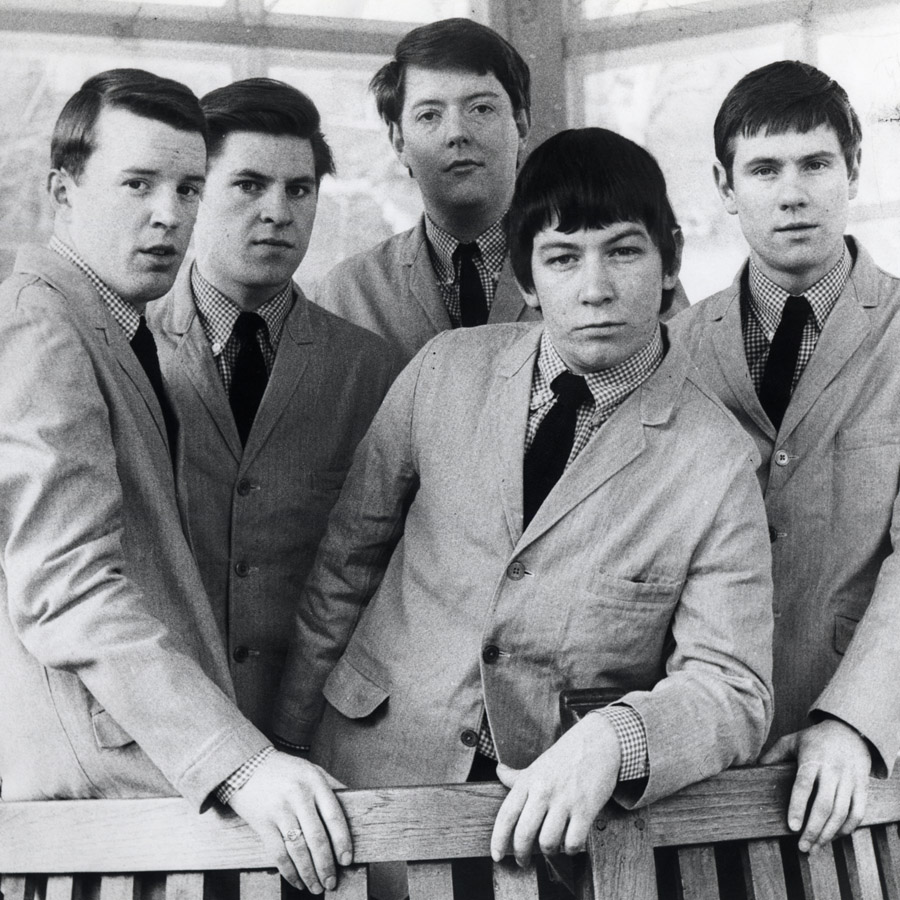In the annals of rock history, few bands have embodied the primal energy of the genre quite like The Animals. With their gritty vocals, bluesy rhythms, and electrifying stage presence, they became synonymous with the British Invasion of the 1960s. Among their notable albums, “Animalization” stands out as a raw and unbridled expression of their musical prowess.
Released in 1966, “Animalization” captures the essence of the band at the peak of their creative powers. From the opening chords of “All Night Long” to the soul-stirring finale of “Outcast,” the album exudes a relentless intensity that refuses to be ignored.
At the forefront of “Animalization” is Eric Burdon’s impassioned vocals, which serve as a conduit for the band’s collective energy. His raw, guttural delivery injects each song with a sense of urgency and authenticity, transporting listeners to the smoky clubs and dimly lit streets where the blues come alive.

The album’s standout tracks showcase The Animals’ ability to seamlessly blend different musical influences into a cohesive sound. “Don’t Bring Me Down” fuses elements of rock, blues, and R&B, resulting in a hard-hitting anthem of defiance and resilience. Meanwhile, “Inside-Looking Out” captivates with its driving rhythm and blistering guitar solos, serving as a testament to the band’s prowess as instrumentalists.
“Animalization” also features several notable covers, including their electrifying rendition of Sam Cooke’s “Shake.” The band infuses the song with their signature style, transforming it into a raucous celebration of youth and rebellion.
Beyond its musical merits, “Animalization” holds a mirror to the social and cultural landscape of the 1960s. Tracks like “Corrine, Corrina” and “Hey Gyp” reflect the era’s tumultuous political climate and the quest for personal freedom and self-expression.
As listeners immerse themselves in the raw energy of “Animalization,” they are transported to a time and place where music served as a vehicle for liberation and empowerment. The album stands as a testament to The Animals’ enduring legacy as pioneers of the British Invasion, whose influence continues to reverberate through the halls of rock ‘n’ roll history









